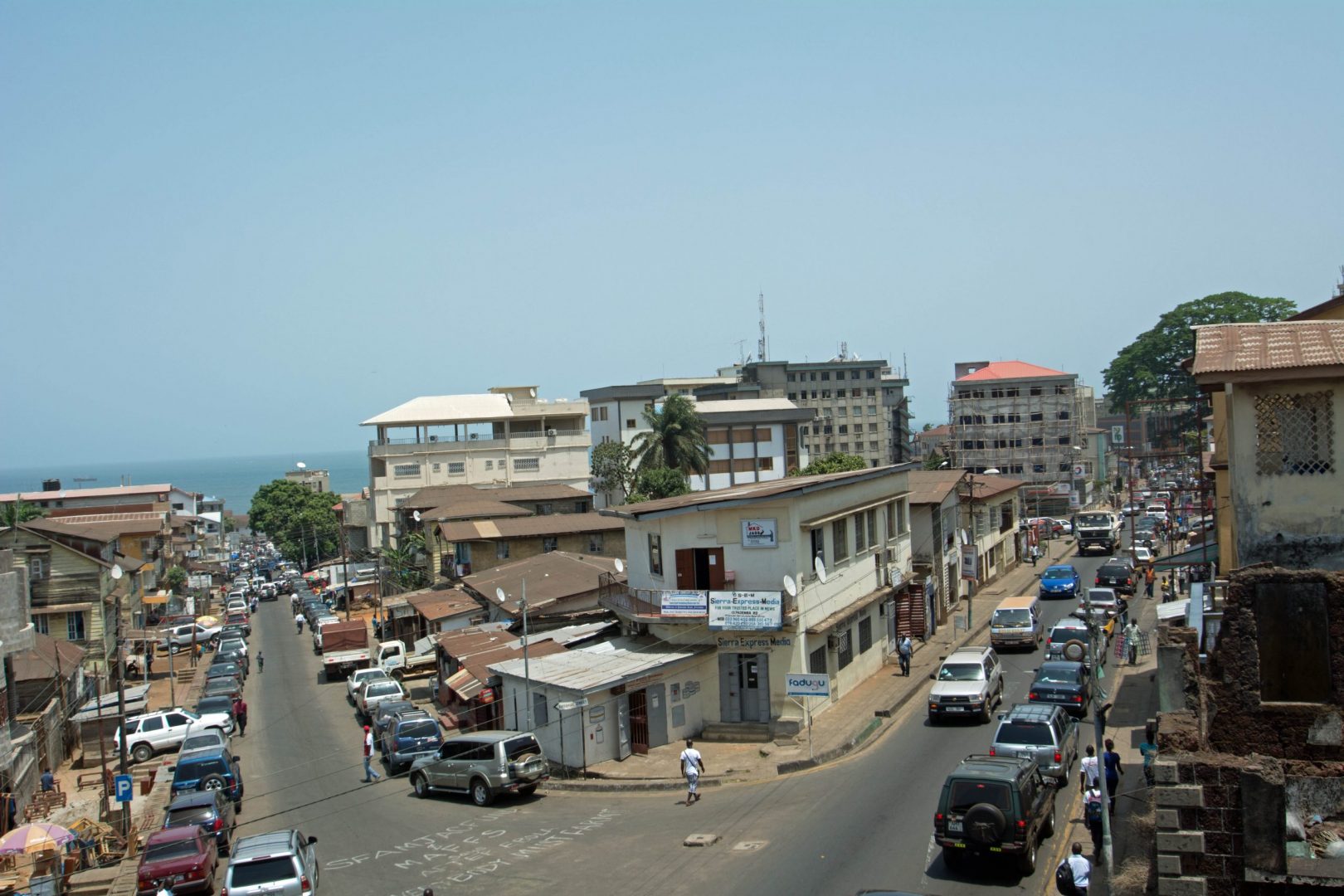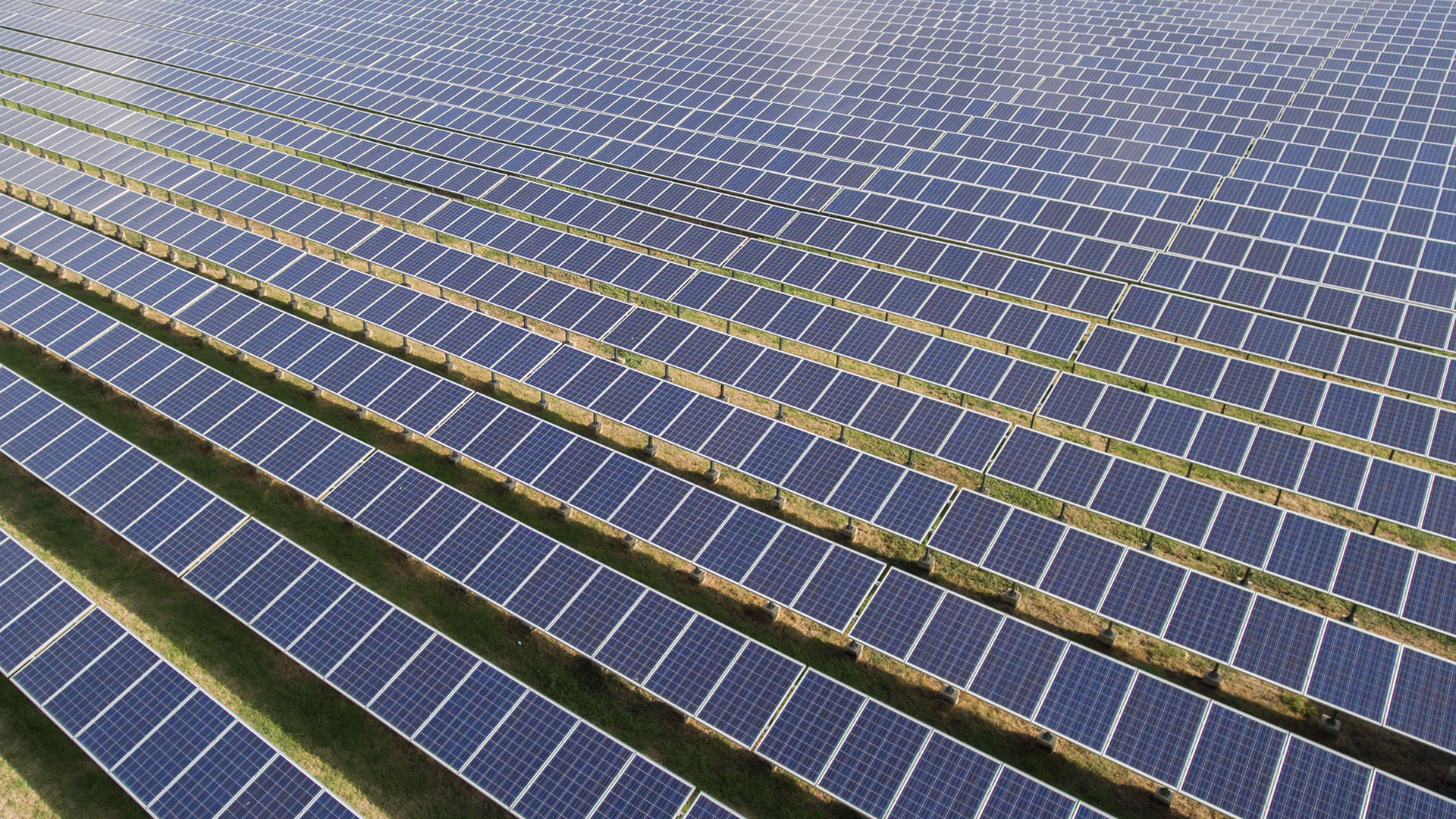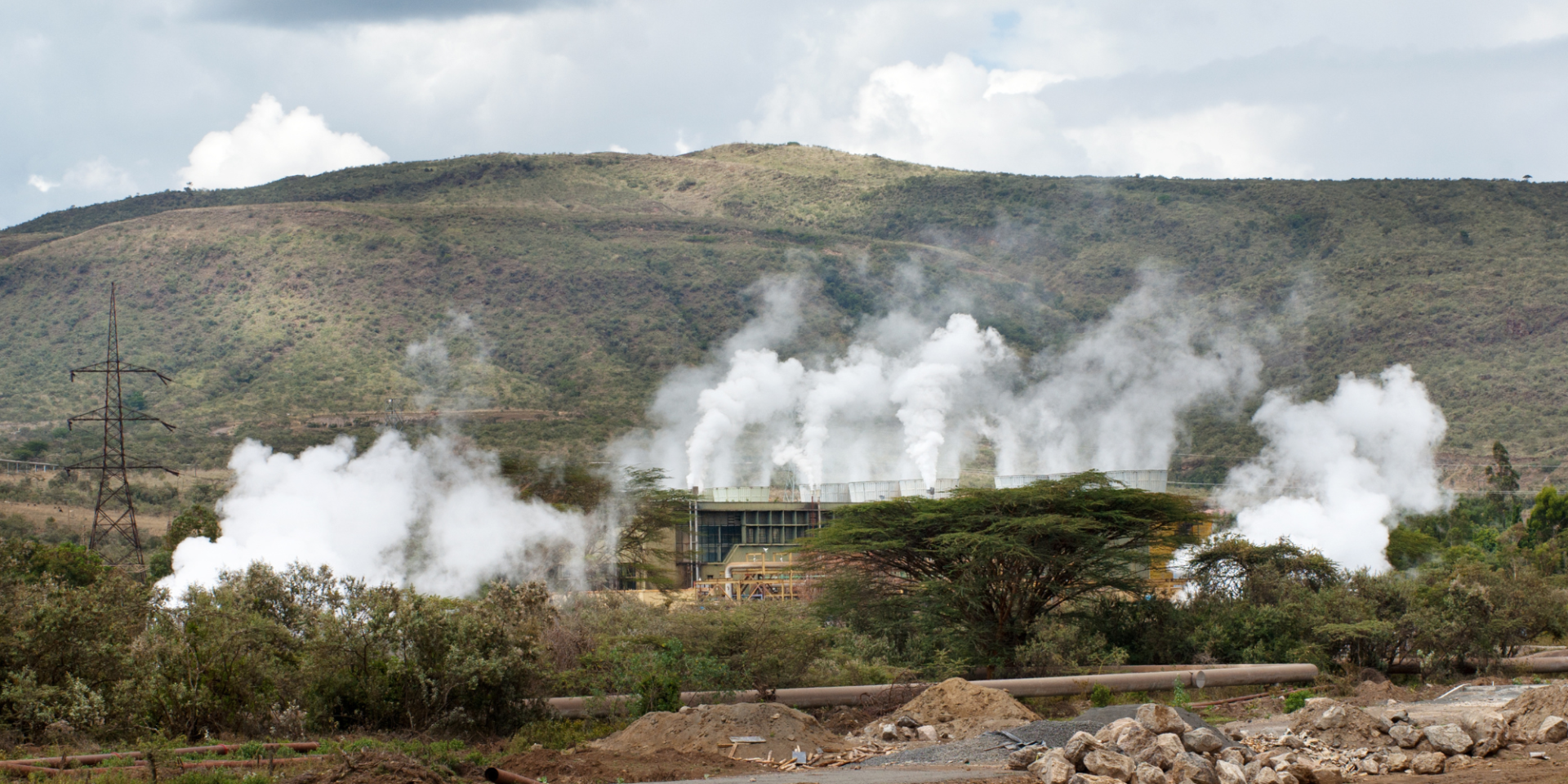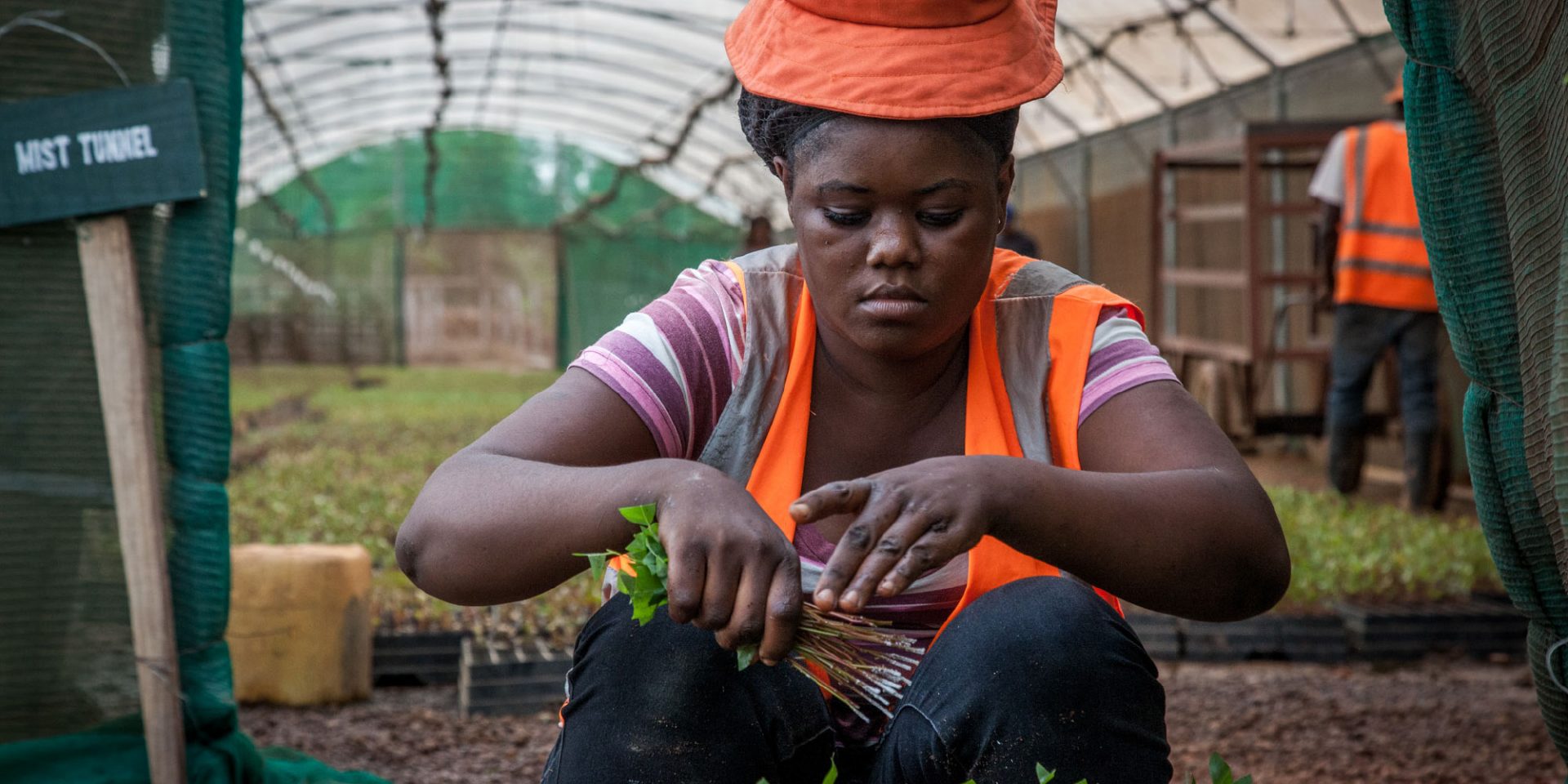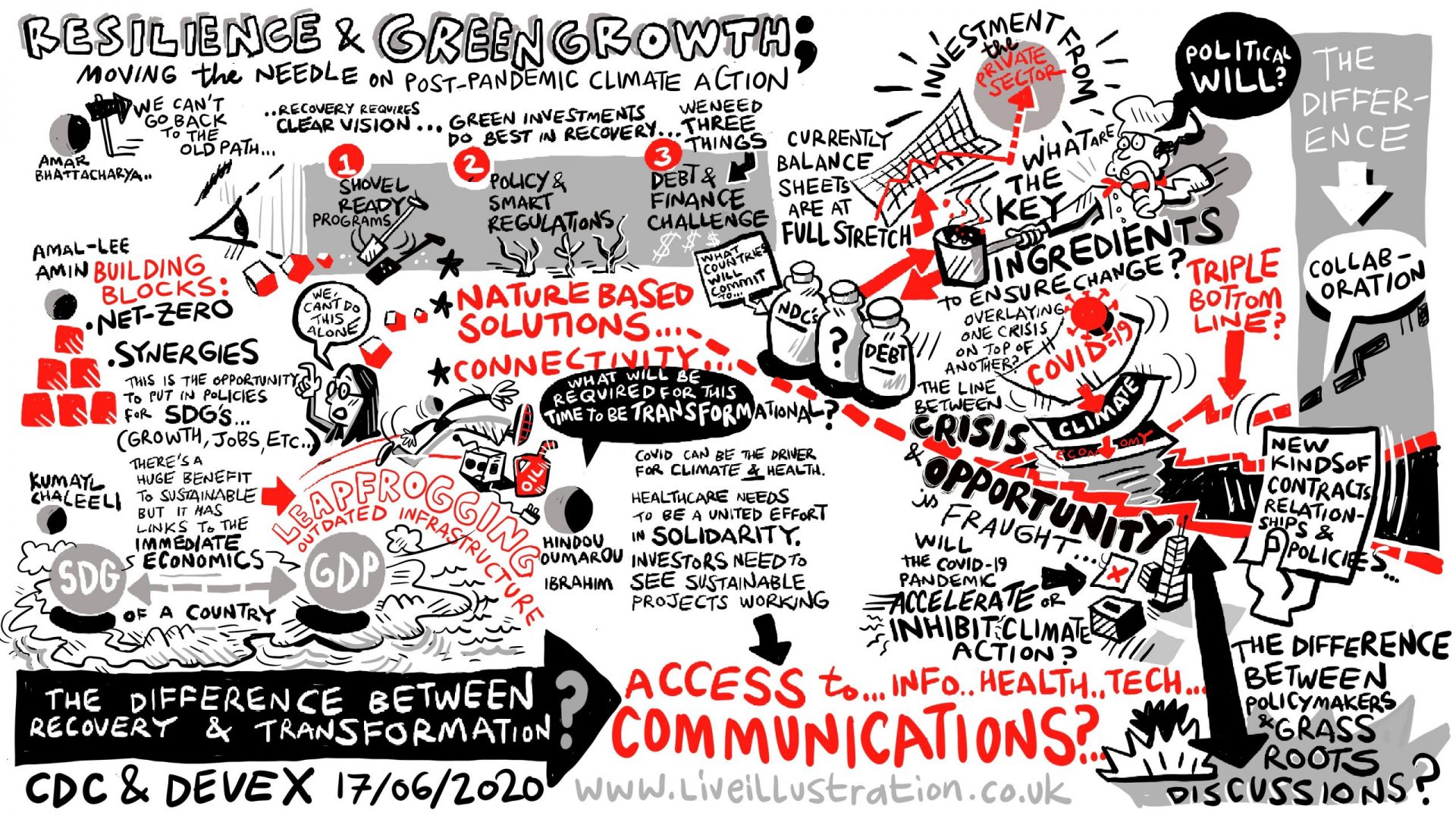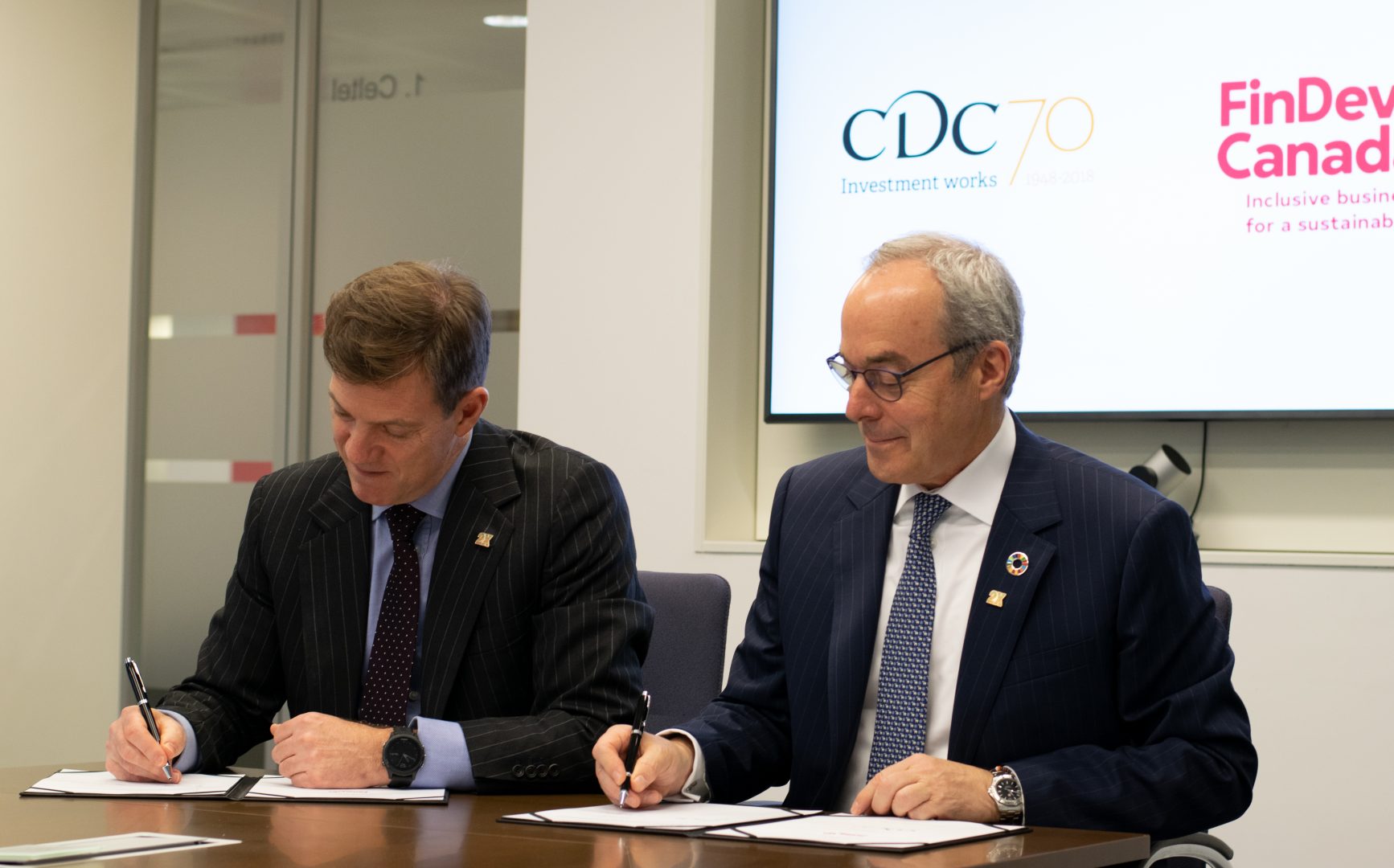Green Swans: could COVID-19 shift the world’s economy towards exponential change?
John Elkington calls the 2020s a potentially ‘exponential’ decade. “When I started to talk about that last year it sounded a bit strange,” he says. “But recently the Gates Foundation said that the previous 25 weeks have wiped out the previous 25 years of development in low-income countries. I don’t need to underscore the impact of the COVID-19 pandemic, but this is also an extraordinary time that I think could actually benefit us, opening up huge opportunities for the future.”
This may be a hard concept for many to swallow, but John says that because we’re hard-wired to think incrementally, instead of exponentially, we don’t pay attention to the trajectories, trends, initiatives and developments that have the potential to truly transform our world. His book Green Swans is a manifesto for system change designed to serve people, planet, and prosperity. Green swans are not individual leaders or companies, he notes, although they may well have green swan characteristics. They’re profound market shifts.
Is the old order declining? The business world has been trying to deliver sustainability in different forms now for decades, in the guise of corporate responsibility, accountability and transparency. John says that the growing number of leaders talking about resilience is heartening, but “You simply can’t wish resilience into a national economy, region or industry. You’ve got to invest in it. This is something that the development world has known for a long time.
“The development banks are absolutely foundational. I think they’re critical,” he continues. “In many ways the whole Bretton Woods structure to rebuild the post-World War Two economy was built around the development bank principle, and many of the early impact mindsets and methodologies were pioneered there. But the problem is that very often, individual development banks and international development institutions are doing their own things. The one thing I would love to see—although I don’t want a Vatican, with everyone suddenly under one roof—is a more globally coordinated effort. We do need integrated standards and I think DFIs have a crucial role to play in that, not simply in mobilising capital.”
Amal-Lee Amin is Climate Change Director at CDC. She says that on top of what’s happening at the level of international architecture—in terms of how development banks collaborate—it needs to take place at the country level too. “We should all be bringing together different resources, different areas of expertise and of comparative advantage, plus different forms of finance,” she says.
She continues: “Maybe what’s happening now with COVID-19 is the big disjuncture that we needed to really be able to build back better. The global economy has come to a stop. Can we build back in a way that is consistent with sustainable development, including tackling climate change and the breakdown in biodiversity?”
John says yes, but recovery won’t be pain-free: “We’re moving into a much more challenging and a potentially more dangerous period of our collective history. Our global governance systems, constructed largely after World War Two, are no longer fit for purpose. They’re beginning to fail. These things don’t recover overnight. They will take 12 to 15 years to fully recover, and that’s if we’re lucky. If we’re unlucky, it may take decade or two, even a generation or two, to really crank through.”
Development banks and DFIs like CDC face specific challenges in the face of achieving development goals. For instance, they have to reconcile the dual and partly conflicting ambitions of reducing global carbon emissions, while working to bring reliable power to the 600 million people in Africa who still lack it.
John also stresses the need for a new balance between economic, environmental and social aims: “If we don’t address the social dimensions of the Global Goals we’re going to have a collapse. If we don’t address the environmental ones the same thing will happen,” he says. “This is the spirit and intent and the ambition of sustainable development. We’ve got to get much better at bringing these things together.”
For Amal-Lee, the SDGs and the Paris Agreement symbolise how committed world leaders are to sustainable development. “The Paris Agreement places sustainable development and economic transformation at its heart,” she says. “It was an incredible achievement and much more ambitious than anyone anticipated.” She agrees with John that the next decade must be one of exponential change, and says that technology has a key role to play in reaching the SDGs: “We have the right technology, but do we have the right institutions reinforcing the best use of it, in a way that can lead to the types of changes we know society really wants?”
Renewable energy is the kind of exponential technology that John talks about, but the problem is that people need power more quickly than the current grid systems are able to provide in the right (renewable) form. John agrees that the shift from fossil fuels to renewables must be fair, and not disadvantage those who simply can’t afford to make an instant switch: in other words, a just transition. “This has to be both fast and fair,” he says. “And that will push our leadership skills to the limit.”
On bad days, John admits that’s he’s a pessimist. But he was born an optimist, and he says that what he’s seeing right now in the business world is profoundly positive. “I see CEOs beginning to be uncomfortably aware that the systemic crisis they’d been warned about is now not only a reality, but that there’ll be more, stacking up one after the other.” Is this a bad thing? “That depends on what we choose to make of it. If we choose to react in the right way it could be a fantastic opportunity.”
What would he say to those tasked with leading through this crisis? “Get out more. When the roof is coming around your head the temptation is to stay chained to your desk. The future is out there and the future is incredibly exciting. It’s going to be quite challenging too, but my God it’s exciting! Go out and see some of the people who are helping to create it. Then see what you can do to play into that and support the inevitable transformation.”
This article is based on discussions at our recent event ‘Green Swans: A blueprint for a sustainable global economy’, part of our Insight event series. Catch up on the event recording and find out about our future events.
